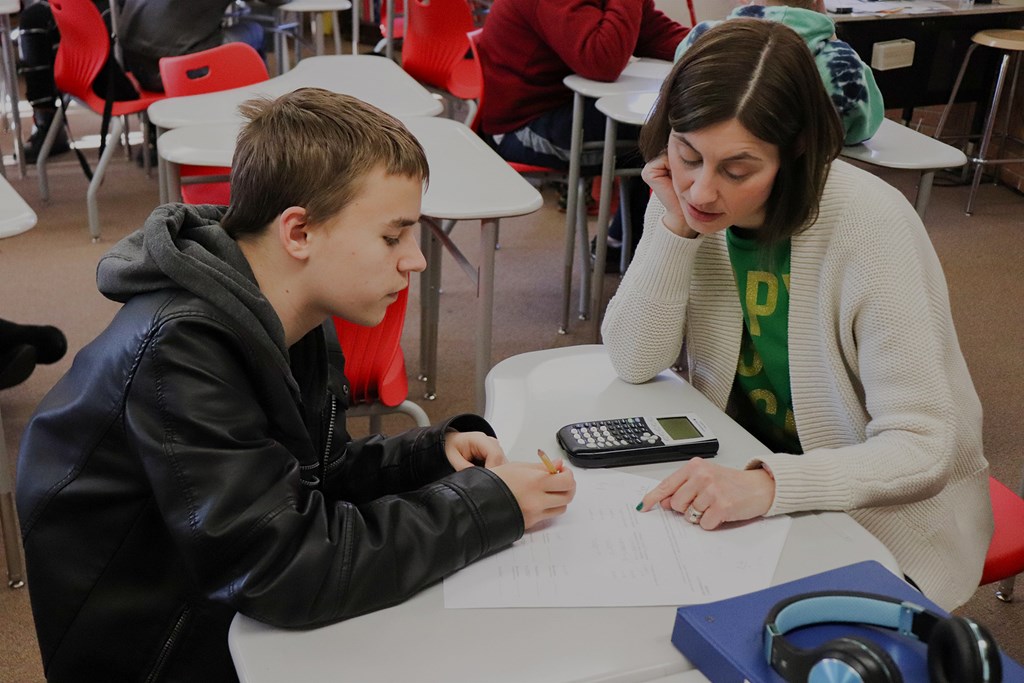Special Education
The Williamsport Area School District embraces the principle of Least Restrictive Environment and commits to educating all students in general education utilizing Supplementary Aids and Services. We will provide on-going professional development, continuous quality improvement, and the necessary resources to ensure successful inclusive practices.
Over the past several months, the Office of Special Education has facilitated the development of a district Special Education Plan. Please find a copy of the PDE approved 2024-2027 WASD special education plan below. Should you have any questions or concerns surrounding this plan, please contact Dr. Amy Briggs, Director of Special Education, at abriggs@wasd.org.
WASD Child Find
The Williamsport Area School District recognizes that every student has unique learning needs. Identification activities are implemented to identify students who may be in need of special education and/or gifted education and to develop meaningful educational programs based on individual strengths and needs. This process can be initiated by a written request from either school staff or parents and will be completed by specially trained personnel. The Williamsport Area School District is committed to providing opportunities to all students to assist them in achieving their maximum potential. Thus, we provide a continuum of services to accommodate each individual.
Services Provides
Special education services are available to children who have one or more of the following disabilities:
- Autism
- Deaf/Blindness
- Emotional Disturbance
- Hearing Impairment, including Deafness
- Intellectual Disability
- Multiple Disabilities
- Orthopedic Impairment
- Other Health Impairment
- Specific Learning Disability
- Speech and Language Impairment
- Traumatic Brain Injury
- Visual Impairment, including Blindness

Referral/Screening
Parents who have concerns about their child should contact the building principal to request a screening/evaluation. Communication with parents and exceptional students shall be in English or in the native language of the parents.
Screening activities are ongoing and include observations, group testing, vision and hearing screenings, speech/language screenings, review of cumulative records, report cards, and/or fine and gross motor skills. Screening may lead to intervention through the District’s Response to Instruction and Intervention process (RTII). If a student does not demonstrate progress with the Response to Instruction and Intervention(RTII), parents will be asked to give their written consent for the district to conduct a multidisciplinary evaluation.
Documents & Policies
2025-2026 Notification of Destruction of Student Special Education Records
Public notice of destruction of special education records.
Download 2025-2026 Notification of Destruction of Student Special Education Records